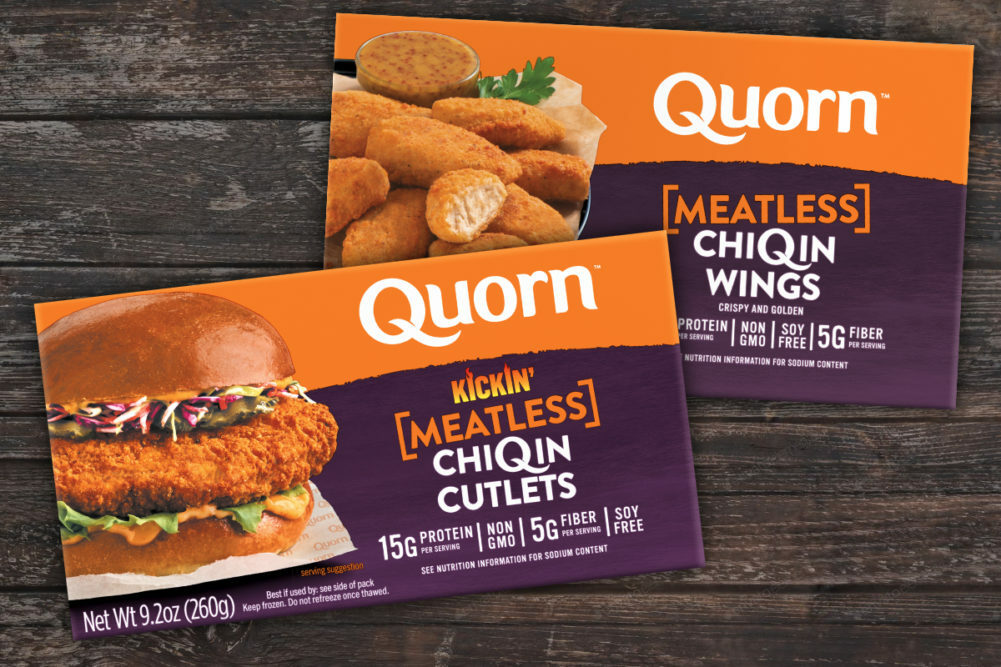MAKATI CITY, PHILIPPINES — Monde Nissin Corp., owner of the Quorn meat alternative brand, took a non-cash impairment charge of approximately $370 million against its plant-based meat alternative business as part of its fiscal 2022 results. The charge pushed the company to record a loss for the year.
“Booking the impairment provision, while prudent, is a frustrating set back, driven mainly by increases in global interest rates and risk premiums,” said Henry Soesanto, chief executive officer. “However, these are not the only causes of our impairment provision, which also reflects recent margin compression associated with our price increases lagging cost inflation, some reduction in sentiment toward the meat alternative category; and costs associated with our recent focus in the US market where we are currently undertaking a restructuring.
“We continue to believe in the long-term growth potential for sustainably produced and clean label alternative proteins. We are the world’s largest producer of mycoprotein, which fits all these attributes and is a key differentiator for us. During this current category slowdown, we are seeing consumers gravitate toward quality, as demonstrated by a growth of over 50% in our foodservice business and recovering market share in the UK.”
In a March 30 conference call to discuss fiscal 2022 results, Mr. Soesanto said Circanda (formerly IRI) data for the previous 12 weeks showed the meat alternative market in the United Kingdom had declined 7.5%. During that time, Quorn sales grew 1.6%, according to Monde Nissin.
Growing the Quorn brand in the United States has been a strategic priority for the company. The company opened a culinary center in Dallas in 2021 and plans were in development to triple the business’ marketing budget and start producing product in the United States in the next three to five years.
“The situation in the US has been very disappointing,” Mr. Soesanto said. “The plan that we had for the US was and it has been to really over invest.
“It is very, very fair to say that the results driven by our investment has been very disappointing. So, we've been looking at it, and we always believe that it's good to take risk. But when things do not work, we're going to change.”
Changes underway include reducing spending and redirecting the budget left toward driving velocity at the store level.
“The SKUs (stock-keeping units) and the product that we have on the shelf, we want them to move faster instead of trying to be in every store available,” Mr. Soesanto said. “The overall principle is to spend better, more focus on trial, penetration, rate of sale (and) maybe on a smaller range of products.”
Monde Nissin recorded a loss of Php 13,015 million ($240 million) in fiscal 2022, which compared unfavorably to fiscal 2021 when the company’s net income was Php 3,245 million.
Annual sales rose to Php 73,880,709 million ($1.4 billion) from Php 69,284,188 million the year before.




